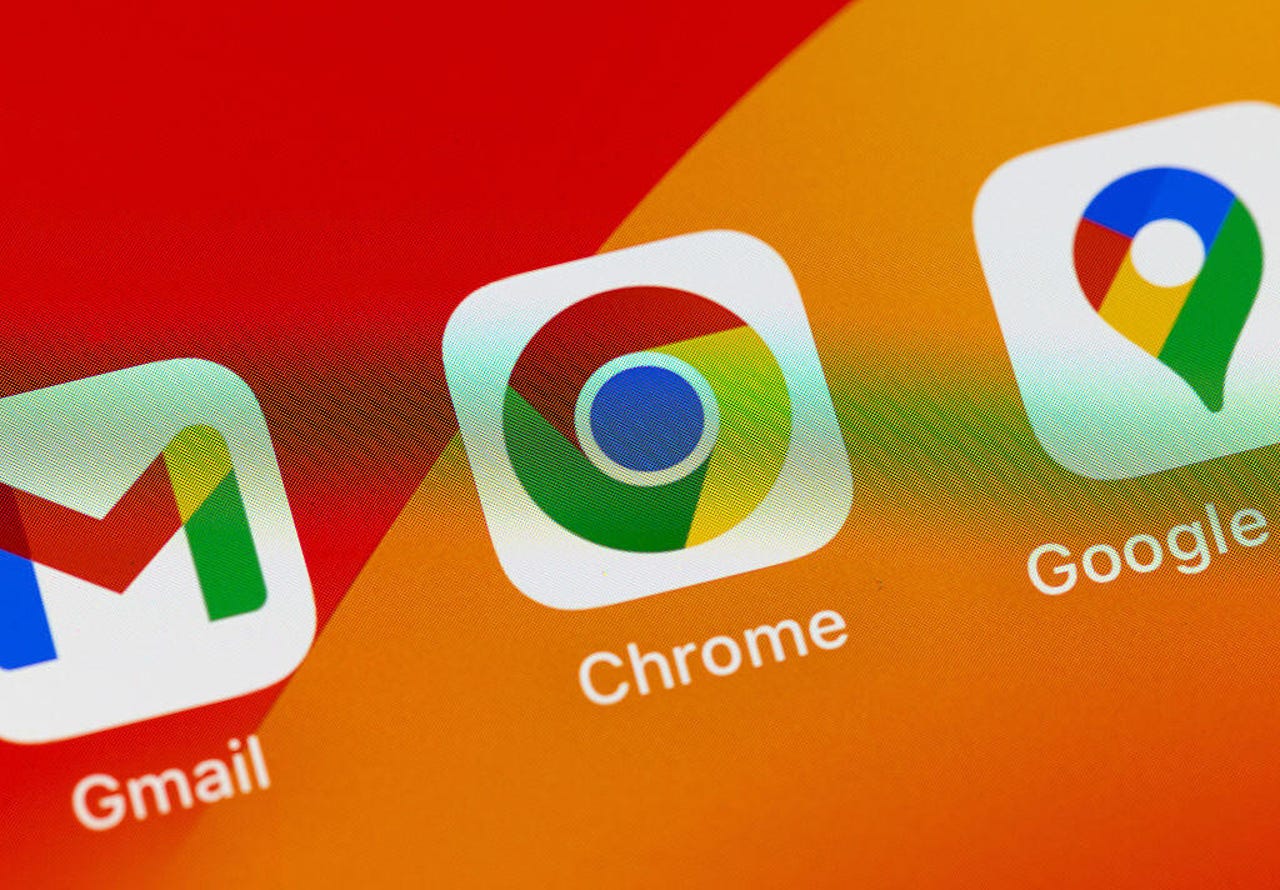
Follow ZDNET: Add us as a preferred source on Google.
ZDNET’s key takeaways
- Gemini in Chrome is now on Mac and Windows desktop in the US.
- It’s slated to receive more agentic abilities in the coming months.
- Google is also embedding AI into other parts of Chrome.
Google is rolling out some major AI-powered upgrades to Chrome, as the technology continues to power a transformation throughout the broader online search industry.
Also: Zoning out in meetings? Google Meet’s new feature can catch you up in real time
The tech giant announced Thursday it was weaving Gemini — its flagship generative AI chatbot — into Chrome in an effort to deliver a user experience that feels like an active collaboration with AI, one that can save users time and reduce hassle.
“This isn’t just about adding new features; it’s about fundamentally changing the nature of browsing, and moving from a passive experience to a more proactive and intelligent one,” Parisa Tabriz, Vice President of Chrome, wrote in a company blog post Thursday. “It’s about creating a browser that goes beyond rendering the web, to one that understands it, helps you be more productive, and keeps you safer online.”
Gemini in Chrome
The biggest new feature Google announced Thursday is Gemini in Chrome, which the company is positioning as an AI assistant that can track and understand the context of your web search, and from there provide assistance across several key tasks.
Also: Gemini just aced the world’s most elite coding competition – what it means for AGI
Through a new chatbot interface built directly into Chrome (accessible via an icon at the top-right corner of the browser), you can ask Gemini to summarize the content found on a particular web page, just as you would if you were to drop a link into ChatGPT and ask for an explanation of key points.
The system can work across multiple tabs. So if you’re planning a vacation and have several different tabs open to research flights, hotels, restaurants, and so on, you can ask the assistant to consolidate all of that disparate information into a single itinerary. (Google also debuted an AI-powered upgrade to its Flights platform, which offers similar travel-planning capabilities.) It can also integrate directly with other Google apps, so that you’ll be able, for example, to quickly find a specific moment from a YouTube video.
In the coming months, Gemini in Chrome will receive an agentic upgrade enabling it to take action directly on your behalf — by, say, booking a haircut appointment that fits with your calendar.
Also: Google’s new study tool personalizes your learning material – here’s how
Gemini in Chrome is starting to roll out today for Mac and Windows desktop users in the US. Google said it will launch across iOS and Android soon, and will be made available to enterprise clients via Google Workspace in the coming weeks.
The omnibox gets a little more “omni”
Google also announced that it’s integrating AI Mode directly into the omnibox, or the address search bar found at the top of a Chrome web page (just below the tabs, where you’d normally enter a URL).
This will allow users to ask complex questions directly inside a web page. AI Mode can then suggest potentially helpful follow-up questions and provide relevant web links; it’s basically taking Google’s search engine, sprinkling in some enhanced AI capabilities, and making all of that directly accessible from the omnibox.
Also: ChatGPT just got a new personalization hub. Not everyone is happy about it
AI Mode in the omnibox will start rolling out for US users later this month, according to Google.
The AI browser race
Google’s new AI-enhanced Chrome will face growing competition as tech companies race to build the next generation of web browsers.
Also: Students are using AI tools instead of building foundational skills – but resistance is growing
Earlier this month, Atlassian announced it had acquired The Browser Company for a reported amount of $610 million and would soon launch an AI-centered version of the Dia web browser. Perplexity also launched Comet, its own AI-powered web browser, earlier this summer.
